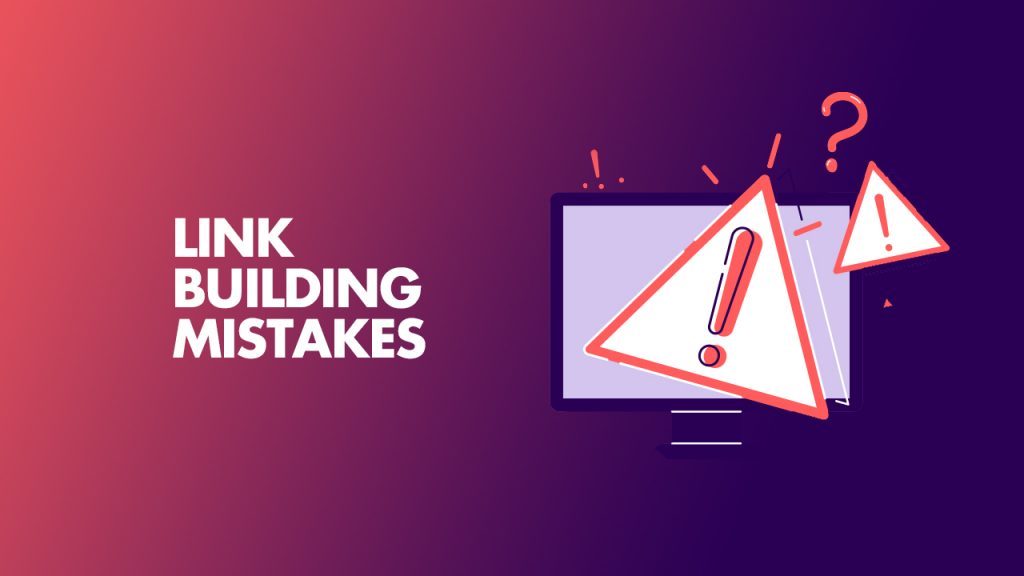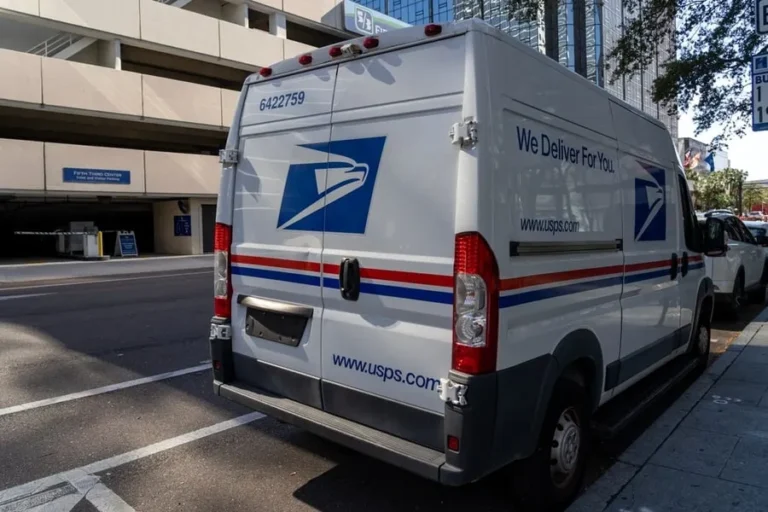How to Avoid Link Building Mistakes

Link building is a critical component of SEO that helps boost your website’s authority and search engine rankings. However, it’s important to follow best practices and avoid common link building mistakes that can hurt your site’s performance.
Examples of good link-building tactics include: Finding broken links on authoritative sites and reaching out to them with relevant content to replace them. Examples of bad link-building tactics include:
Ignoring Link Relevancy and Authority
If you are using link building to boost your search engine rankings, it is important that the backlinks you acquire are relevant and authoritative. Otherwise, you will find it challenging to achieve your desired results. Here are some tips and case studies to help you avoid making this mistake:
For example, if you have a fashion blog that shares styling tips, it would be best to seek backlinks from other fashion blogs or websites. Similarly, it would be unwise to seek backlinks from fitness or health-related websites or blogs. Such backlinks will not add much value to your site and may even harm your credibility and search engine ranking.
Moreover, you should always stay up-to-date on the latest developments in the world of SEO and best practices. This way, you can avoid committing the common link-building mistakes that beginners often make. As a result, your dent repair and body damage services business will be in a better position to grow its online visibility and organic traffic.
Over-Optimizing Anchor Text
The text in a hyperlink is known as anchor text, and it plays an important role in link building. It provides context and relevance to both users and search engines. Using irrelevant or low-quality anchor text is an SEO mistake that can affect your website’s reputation, visibility, and credibility.
Using generic anchor text, such as “click here,” can trigger red flags for search engines. Excessive use of exact-match keywords also raises red flags. Instead, focus on anchor text diversity by incorporating variations, branded terms, and natural phrases into your link profile.
By avoiding these link building mistakes, you can boost your website’s visibility and organic traffic while maintaining compliance with white hat SEO practices. Moreover, you can avoid costly penalties from search engines and ensure a robust, long-term link-building strategy. For additional tips and recommendations, contact our team of seasoned SEO professionals. We can help you navigate the complexities of link building and develop a sustainable, white hat SEO strategy that meets your goals.
Buying Links or Participating in Link Schemes
The link building process requires careful attention to detail and the use of best practices in order to avoid pitfalls that can harm your website’s credibility and search engine rankings. By prioritizing quality over quantity, focusing on natural links and relationships, and diversifying your link profile, you can enhance your website’s organic visibility and SEO performance.
Buying links or participating in link schemes is a big no-no that can get you into trouble with search engines like Google. These types of tactics are considered black hat and can result in a penalty that will lower your site’s search ranking and damage its reputation.
In addition, buying links in large quantities can cause your backlinks to appear spammy. For example, if your car insurance website acquires a large number of backlinks from websites that sell mobile selling solutions, it will seem unnatural to Google and could potentially lead to a penalty. Avoid this mistake by focusing on acquiring links from relevant and authoritative sites within your niche.
Not Prioritizing Link Diversity
When pursuing links, it is important to consider the link diversity of your website. Aiming for a diverse backlink profile that includes a variety of sources will improve your SEO performance and ensure the safety of your website from harmful spammy links or algorithm changes.
For example, focusing on quantity by submitting to low-quality directories may provide short-term gains, but can be detrimental in the long run when search engines penalize such tactics. Instead, focus on acquiring high-quality links from relevant and authoritative websites to achieve long-term success in your SEO goals.
Link building is an essential aspect of digital marketing and requires consistent implementation of best practices in order to enhance your SEO performance and boost organic visibility. Navigating the complexities of link building can be challenging, but avoiding common mistakes like prioritizing quantity over quality, using keyword stuffing, and participating in link schemes will help you avoid penalties and yield positive results for your organic rankings.







